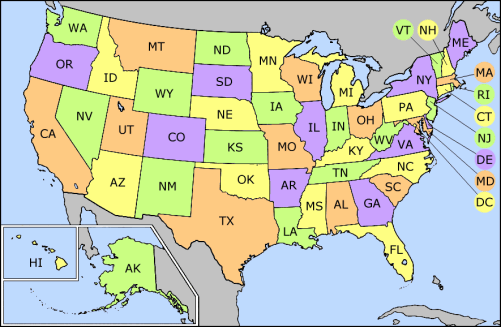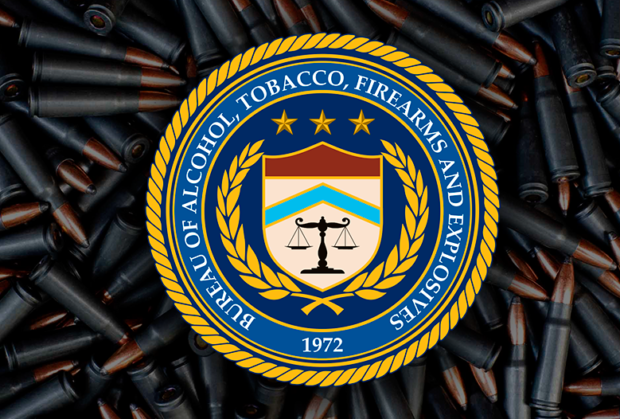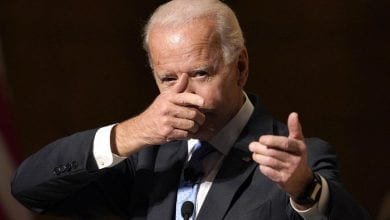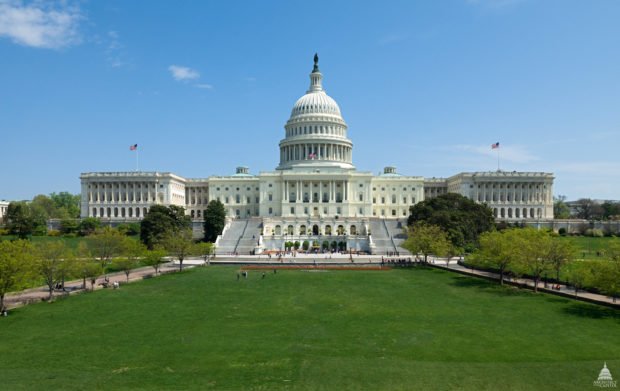Lessons Learned From LEOSA
The National Right-To-Carry Reciprocity Act of 2011 passed in the House of Representatives last week. Although it’s safe to say the bill won’t pass through the Democrat-controlled Senate or be signed by President Obama, the bill is good law and, if all goes well for Republicans next year, the GOP will certainly make another attempt to pass it after January 2013.
I was one of those people who applauded the Law Enforcement Officer Safety Act of 2004- the national reciprocity act for active, retired, and disabled police officers- because I believed it would eventually create momentum for a national CCW reciprocity law. Some of my fellows believed LEOSA would be a giveaway for cops, and national concealed carry for “the rest of us” would never happen.
However, seven years of national experience with LEOSA have revealed some problems with the language of that law- language which I’m thankful hasn’t been replicated in the NRTC Act.
The biggest concern was carry rules. I’m glad House Republicans didn’t attempt to create a set of federal carry rules for interstate concealed carry, as were created for interstate peace officer carry. LEOSA’s intent was to relieve peace officers from the need to memorize 50 states’ distinct and often-contradictory regulations on when and where an individual may carry weapons. As expected with any federal compromise measure, the interstate carry regulations are less-restrictive than some states’ rules, and more restrictive than others, leading many retired police officers to keep (and pay for) both a LEOSA qualification and a state CCW permit, and often an out-of-state non-resident permit as well, in order to maximize the places and times where they may carry when they travel.
In other words, a provision offering a single set of carry rules- which was intended to alleviate compliance concerns- actually became an additional layer of expense for some retired police officers.
It also goes without saying that federal carry rules, if instituted for private persons, could (and probably would) be amended by future Congresses to create headaches for us.
NRTCRA’s “clean bill” approach- granting simple reciprocity between states which issue carry licenses- eliminates this added layer of complexity. This means responsible gun owners will have some homework to do before traveling with a handgun- but then, this is nothing new to us.
There is a pitfall to this approach: Those of us who are actively involved with self-defense rights know the legal burden placed on ‘packers’ to comply with state and local laws. The concept of “substantial compliance”- the idea that a person’s ‘reasonable attempt’ to comply with the law is satisfactory- is foreign to gun laws. We’re already accustomed to “perfect compliance”.
If NRTC eventually becomes law, I anticipate some problems with casual concealed carriers who unintentionally violate carry rules in another state. This is a message we will need to push to keep our compatriots out of trouble: The “close enough” principle which allows us to drive 32 miles per hour in a 30-mile-per-hour zone doesn’t apply to firearms laws, especially in states like California and New Jersey, where law enforcement agencies already look for petty excuses to harass law-abiding gun owners.
Stated differently: If NRTC becomes law, this greater freedom will mean greater responsibility, both for gun owners and for those of us who educate them and advocate on their behalf. Luckily, this greater freedom/greater responsibility concept is also nothing new to us.
Also, please visit this link for my thoughts on the “states’ rights” argument against national reciprocity.





